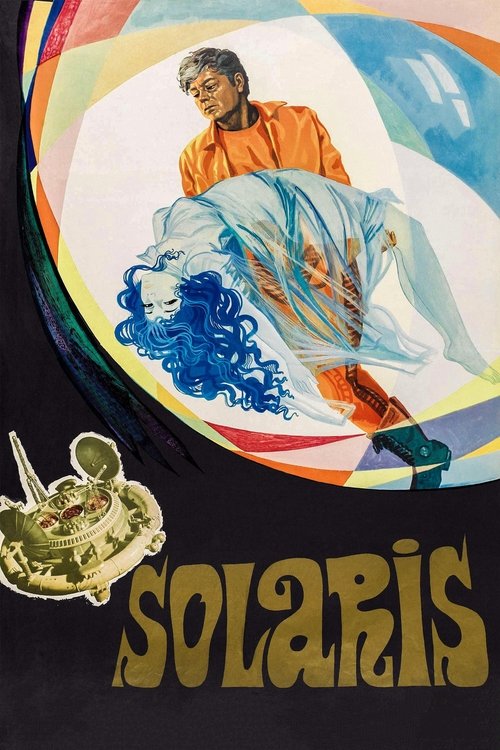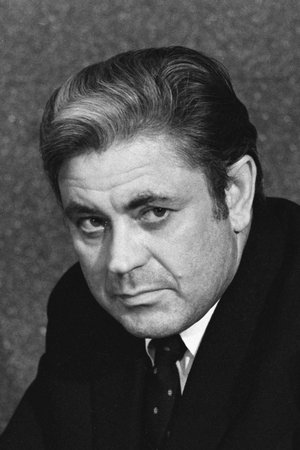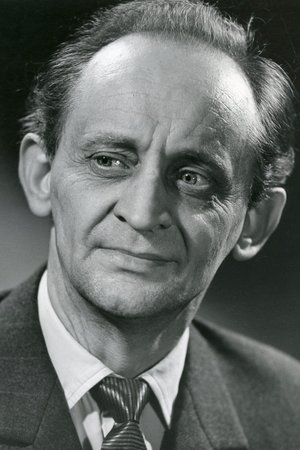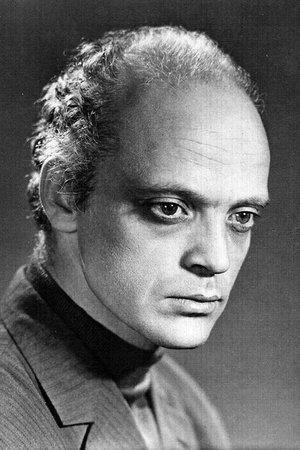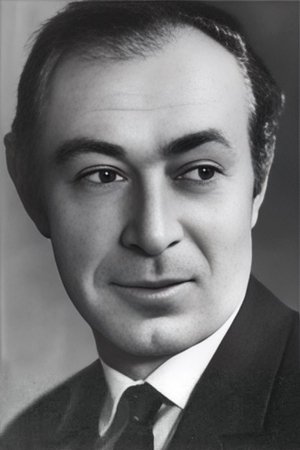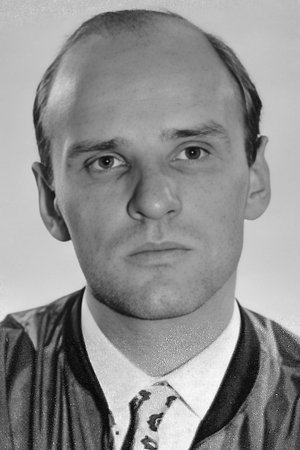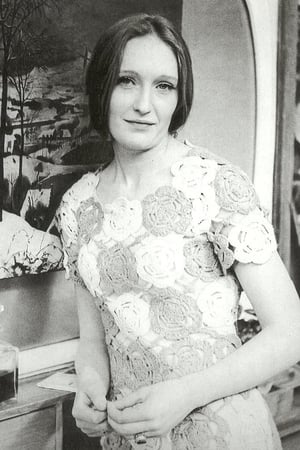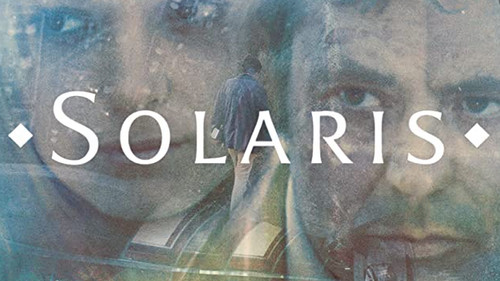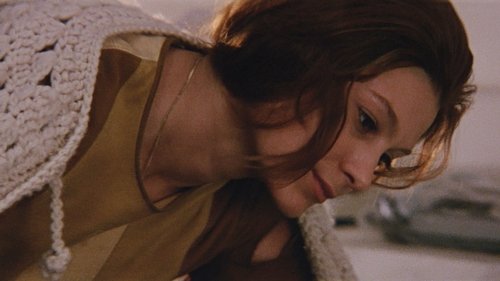
CinemaSerf
7
|
Jul 22, 2023
Acclaimed psychologist "Kelvin" (Donates Banionis) is despatched to a space station to investigate the mysterious death of one of the three remaining scientists who are working on the surface of a remote moon. Upon arrival he discovers that there are now just the two of the original eighty-plus crew left aboard the rather ramshackle facility. "Snaut" (Jüri Järvet) and "Sartorius" (Anatoliy Solonitsyn). Their welcome is, to put it mildly, bizarre and before long he starts to dream. His apparitions become more vivid, more realistic, and they feature his deceased wife "Khari" (Natalya Bondarenchuk). Are these just hallucinations or are they more. Might they be real? Might they exist in an alternate reality? Is it something in the water? Andrei Tarkovsky uses his dialogue sparingly as he tautly directs this mystery. We are drip fed information - sometimes contradictory, sometimes speculative - just as "Kelvin" receives it - and we are left in the same quandary as he finds himself in. It's a sort of groundhog day scenario that plays out time and time again - but he cannot decide if he wants to break it, amend it or sustain it, and his colleagues are little help as they have long suffered from the same symptoms. I won't lie - it can be slow progress at times. It's not always helped by the rather soporific Artemyev score, and the pace is a little wobbly as we get to grips with the scenario, but once there this is a considered look at just how the human mind may/can/will work when tested and it's well illustrative of the fact that there is way more out there that we don't understand than we do. It does benefit from a big screen, if only to add a scope to the broadness of the production and the concept.
